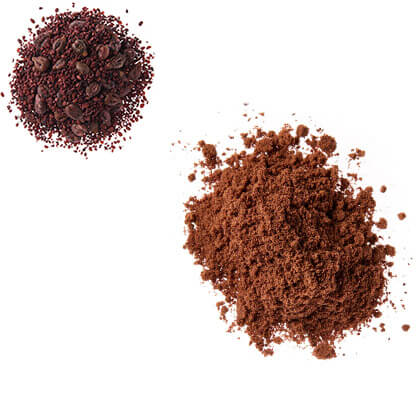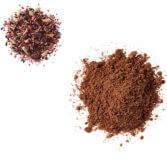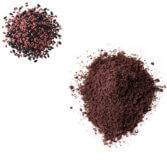Product Benefits
Studies suggest that ingredients with antioxidant properties help support brain function.
Our Cognitive Support Formula, which helps support brain function, is high in catechins, powerful antioxidants that are in the flavonoid family of antioxidants. Catechins are broken down into secondary metabolites by the gut microbiome, these secondary metabolites can easily cross the blood-brain barrier to impart neurocognitive benefits. Catechins have been found to protect neurons from oxidative damage as well as other forms of injury. Catechins also have demonstrated potential for accelerating neurite sprouting.1
Catechins have been shown to improve cognition in mice and humans, in both pre-clinical and clinical studies.2
Catechins in our brain support formula also help improve the dilation of blood vessels and increase blood flow. In this way, the improved blood flow to the brain may improve nutrient and oxygen delivery and help boost mental energy and cognition.3
Cognitive Support Formula, good for cognitive supplements that support brain function, is also high in flavonoids quercetin and kaempferol. Quercetin has been shown to be a neuroprotectant and a cognition booster.4
Quercetin has also been shown to boost mitochondrial production in brain cells. Mitochondria are responsible for the production of the cell’s energy, and brain cells are required to produce massive amounts of energy, this increase in mitochondrial production may be the mechanism behind quercetin’s cognition-boosting effect.5
Cognitive Support Formula consists of 26.2 mg/kg of Polyphenols and consists of 10.2% proanthocyanidins. Polyphenols and proanthocyanidins have been found to be highly neuroprotective.6
Experimental and clinical studies have shown that proanthocyanidins have a variety of pharmacological effects, including potent anti-inflammatory and antioxidant effects.7
Research has demonstrated that proanthocyanidins may be a potential therapeutic agent for some neuroinflammatory diseases, such as mood disorders and Alzheimer’s disease.8
Our Cognitive Support Formula is created using a blend of de-fatted seed powders from the NatureFRESH™ cold-press process and blended to leverage diverse and dense nutrients.



